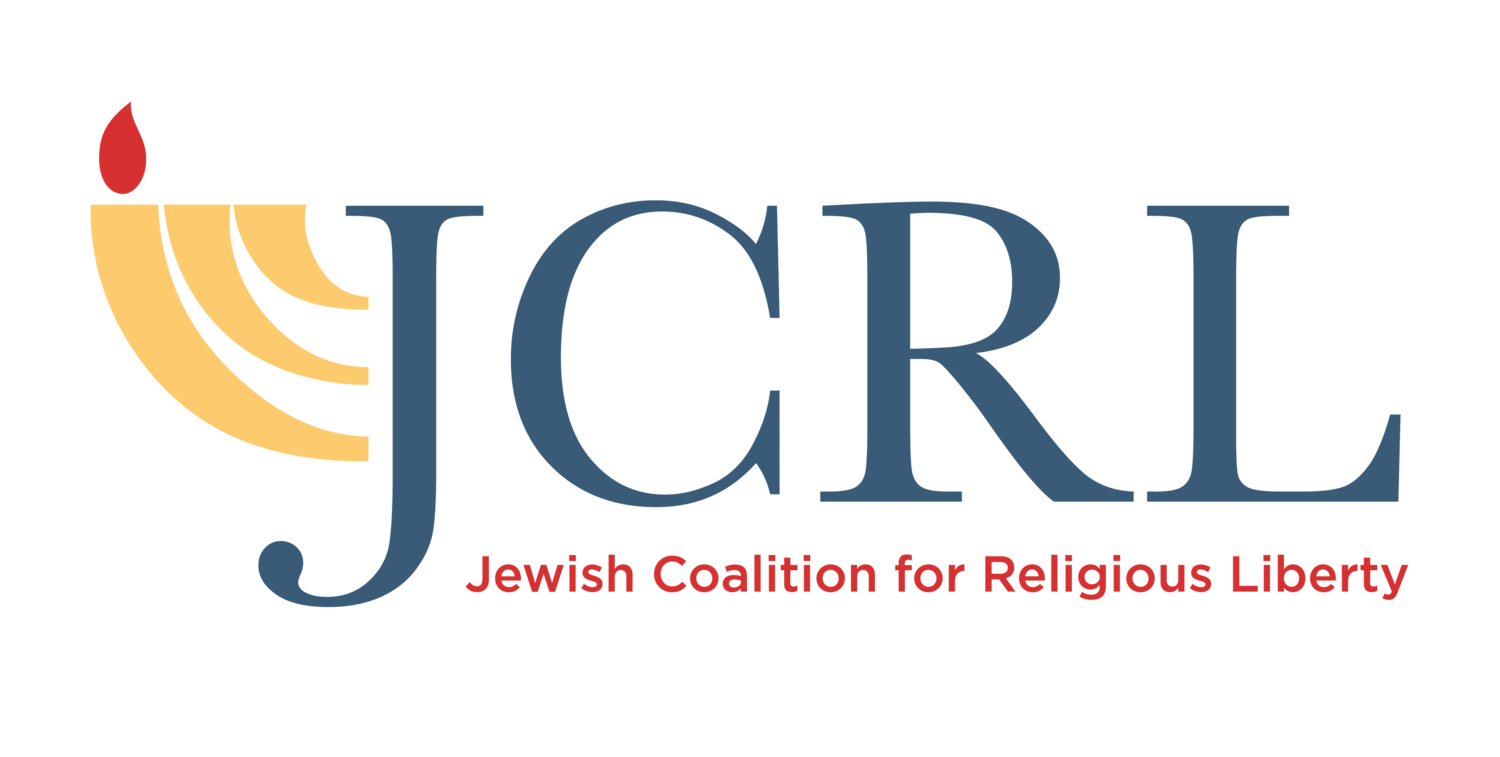Abeles v. Metropolitan Washington Airports Authority
An employee of the Washington Metropolitan Airports Authority for nearly 30 years, Susan Abeles had received many commendations for her work, which had even merited several awards. An Orthodox Jews, Susan was accustomed to taking annual leave to allow for traditional observance of the Jewish holidays. In 2013, however, Susan was suspended without pay after taking leave for the last two days of Passover, one of the most significant holidays on the Jewish calendar. Observed for thousands of years, Passover is one of the most significant holidays on the Jewish calendar, commemorating the founding and liberation of the Jewish people from bondage. It demands a religiously restrictive observance, often in the company of one’s family and community.
(Courtesy of Joe Ravi)
She then submitted a complaint with the Equal Employment Opportunity Commission and sued the MWAA in federal court. But her case was dismissed on summary judgment, and the Fourth Circuit ruled against her subsequent appeal. She appealed to the Supreme Court.
Partnering with the Becket Fund, the Jewish Coalition for Religious Liberty filed an amicus brief in support of Susan’s case, petitioning to overturn the ruling of the Fourth Circuit on two grounds. First, we argued that the Fourth Circuit had applied the wrong standard when it concluded that Abeles had failed to prove intentional discrimination by her employer, and therefore could not show that MWAA had ‘substantially burdened’ her religious practice under the Religious Freedom Restoration Act. We explained that, taken to its logical conclusion, the lower court’s decision would effectively allow the termination of any Jewish employee who observes Passover, and could even lead to a de facto government hiring ban on Orthodox Jews. Becket and JCRL also appealed the court’s drastic limitation on the application of the Religious Freedom Restoration Act to quasi-governmental bodies, a holding which if applied, would insulate organizations with broad police and regulatory power from both state and federal statutory protections for religious liberty, jeopardizing the thousands of religious individuals in their employ.
The full brief is available for download here.
